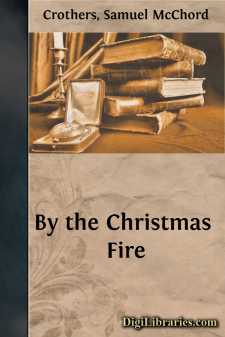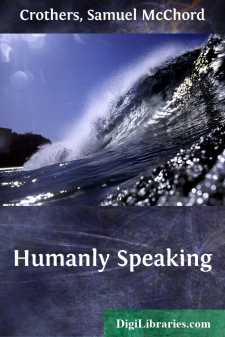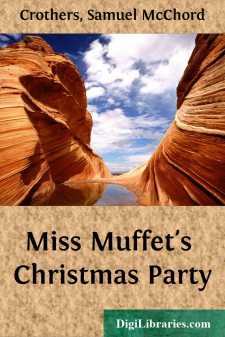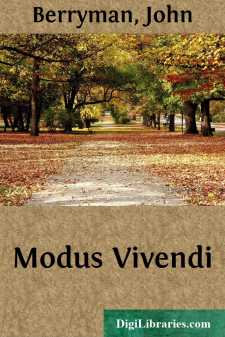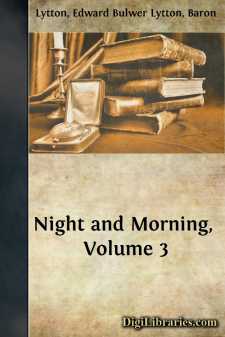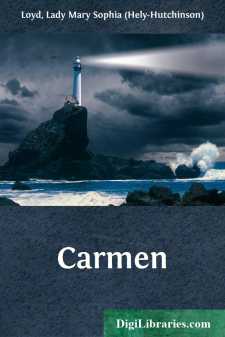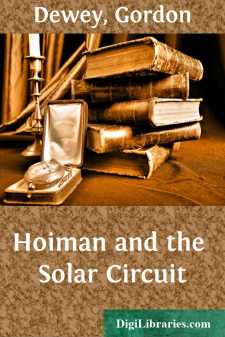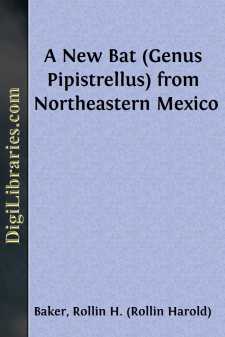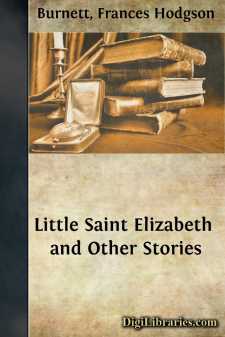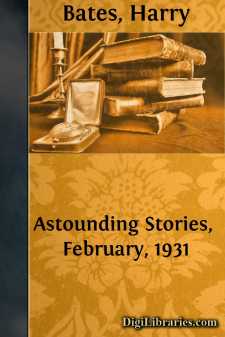Categories
- Antiques & Collectibles 13
- Architecture 36
- Art 48
- Bibles 22
- Biography & Autobiography 813
- Body, Mind & Spirit 138
- Business & Economics 28
- Children's Books 12
- Children's Fiction 9
- Computers 4
- Cooking 94
- Crafts & Hobbies 4
- Drama 346
- Education 46
- Family & Relationships 57
- Fiction 11821
- Games 19
- Gardening 17
- Health & Fitness 34
- History 1377
- House & Home 1
- Humor 147
- Juvenile Fiction 1873
- Juvenile Nonfiction 202
- Language Arts & Disciplines 88
- Law 16
- Literary Collections 686
- Literary Criticism 179
- Mathematics 13
- Medical 41
- Music 40
- Nature 179
- Non-Classifiable 1768
- Performing Arts 7
- Periodicals 1453
- Philosophy 64
- Photography 2
- Poetry 896
- Political Science 203
- Psychology 42
- Reference 154
- Religion 505
- Science 126
- Self-Help 81
- Social Science 81
- Sports & Recreation 34
- Study Aids 3
- Technology & Engineering 59
- Transportation 23
- Travel 463
- True Crime 29
By the Christmas Fire
Categories:
Description:
Excerpt
As I sit by my Christmas fire I now and then give it a poke with a bayonet. It is an old-fashioned British bayonet which has seen worse days. I picked it up in a little shop in Birmingham for two shillings. I was attracted to it as I am to all reformed characters. The hardened old sinner, having had enough of war, was a candidate for a peaceful position. I was glad to have a hand in his reformation.
To transform a sword into a pruning hook is a matter for a skilled smith, but to change a bayonet into a poker is within the capacity of the least mechanical. All that is needed is to cause the bayonet to forsake the murderous rifle barrel and cleave to a short wooden handle. Henceforth its function is not to thrust itself into the vitals of men, but to encourage combustion on winter nights.
The bayonet-poker fits into the philosophy of Christmas, at least into the way I find it easy to philosophize. It seems a better symbol of what is happening than the harps of gold and the other beautiful things of which the hymn-writers sing, but which ordinary people have never seen. The golden harps were made for no other purpose than to produce celestial harmony. They suggest a scene in which peace and good-will come magically and reign undisturbed. Everything is exquisitely fitted for high uses. It is not so with the bayonet that was, and the poker that is. For it peace and good-will are afterthoughts. They are not even remotely suggested in its original constitution. And yet, for all that, it serves excellently as an instrument of domestic felicity.
The difficulty with the Christmas message is not in getting itself proclaimed, but in getting itself believed; that is, in any practicable fashion. Every one recognizes the eminent desirability of establishing more amicable relations between the members of the human family. But is this amiable desire likely to be fulfilled in this inherently bellicose world?
The argument against Christmas has taken a menacingly scientific form. A deluge of cold water in the form of unwelcome facts has been thrown upon our enthusiasm for humanity.
"Peace on earth," it is said, "is against Nature. It flies in the face of the processes of evolution. You have only to look about you to see that everything has been made for a quite different purpose. For ages Mother Nature has been keeping house in her own free-and-easy fashion, gradually improving her family by killing off the weaker members, and giving them as food to the strong. It is a plan that has worked well—for the strong. When we interrogate Nature as to the 'reason why' of her most marvelous contrivances, her answer has a grim simplicity. We are like Red Riding-Hood when she drew back the bed-curtains and saw the wolfish countenance.—'What is your great mouth made for, grandmother?'—'To eat you with, my dear.'
"To eat, while avoiding the unpleasant alternative of being eaten, is a motive that goes far and explains much. The haps and mishaps of the hungry make up natural history. The eye of the eagle is developed that it may see its prey from afar, its wings are strong that it may pounce upon it, its beak and talons are sharpened that it may tear it in pieces. By right of these superiorities, the eagle reigns as king among birds.
"The wings of the eagle, the sinews of the tiger, the brain of the man, are primarily weapons. Each creature seizes the one that it finds at hand, and uses it for offense and defense....


